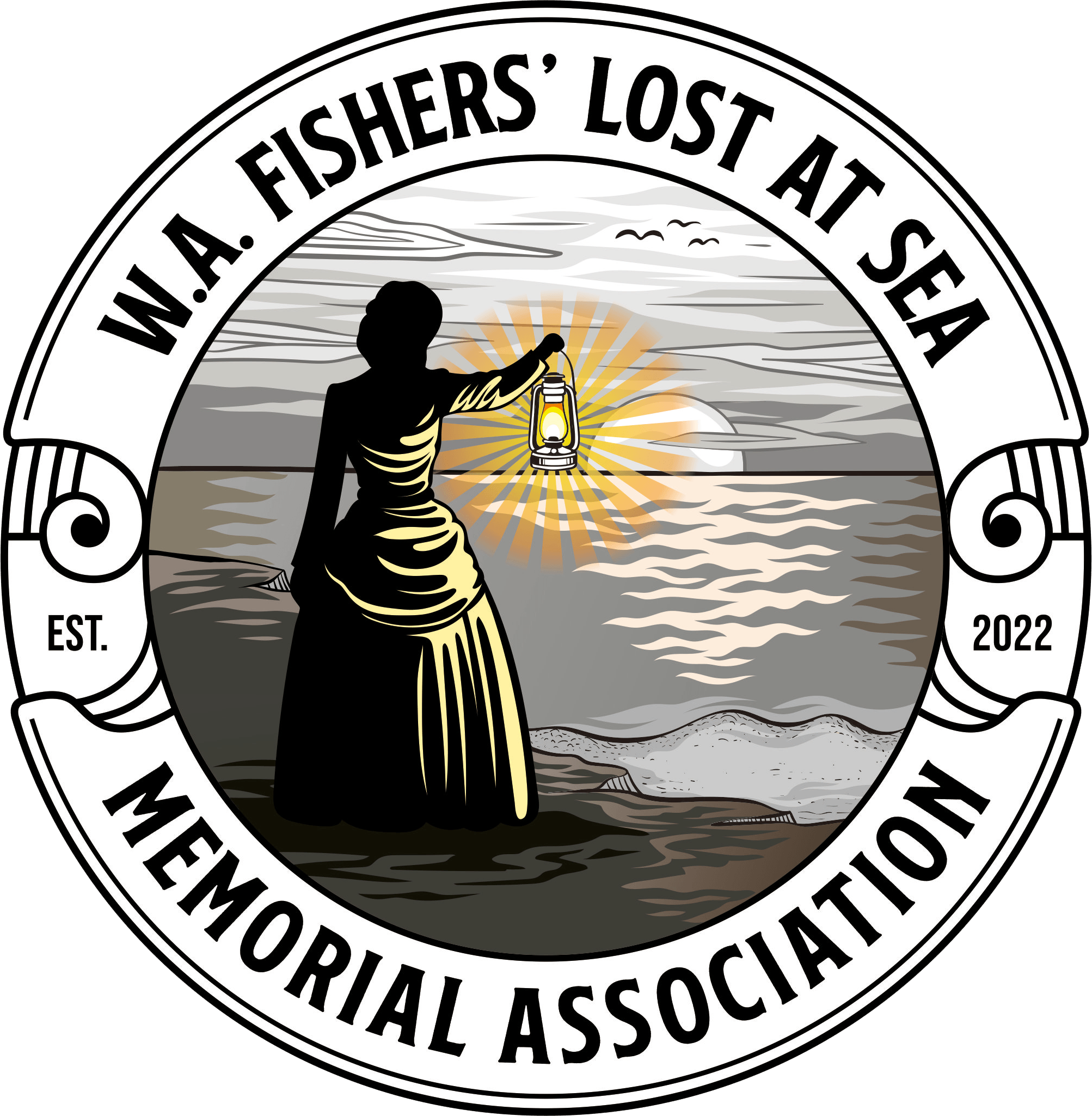Iannello Family (Giacomo)
Country of Origin: Italy
Arrival in W.A.: 1891
W.A. Region Settled: Perth-Metro
The Iannello Family of Fremantle can trace their origins to 3 brothers; Antonino, Francesco and Sebastiano. This is the story of Giacomo Iannello, descendent of Sebastiano as told by his Son, Robert “Bob” Iannello.
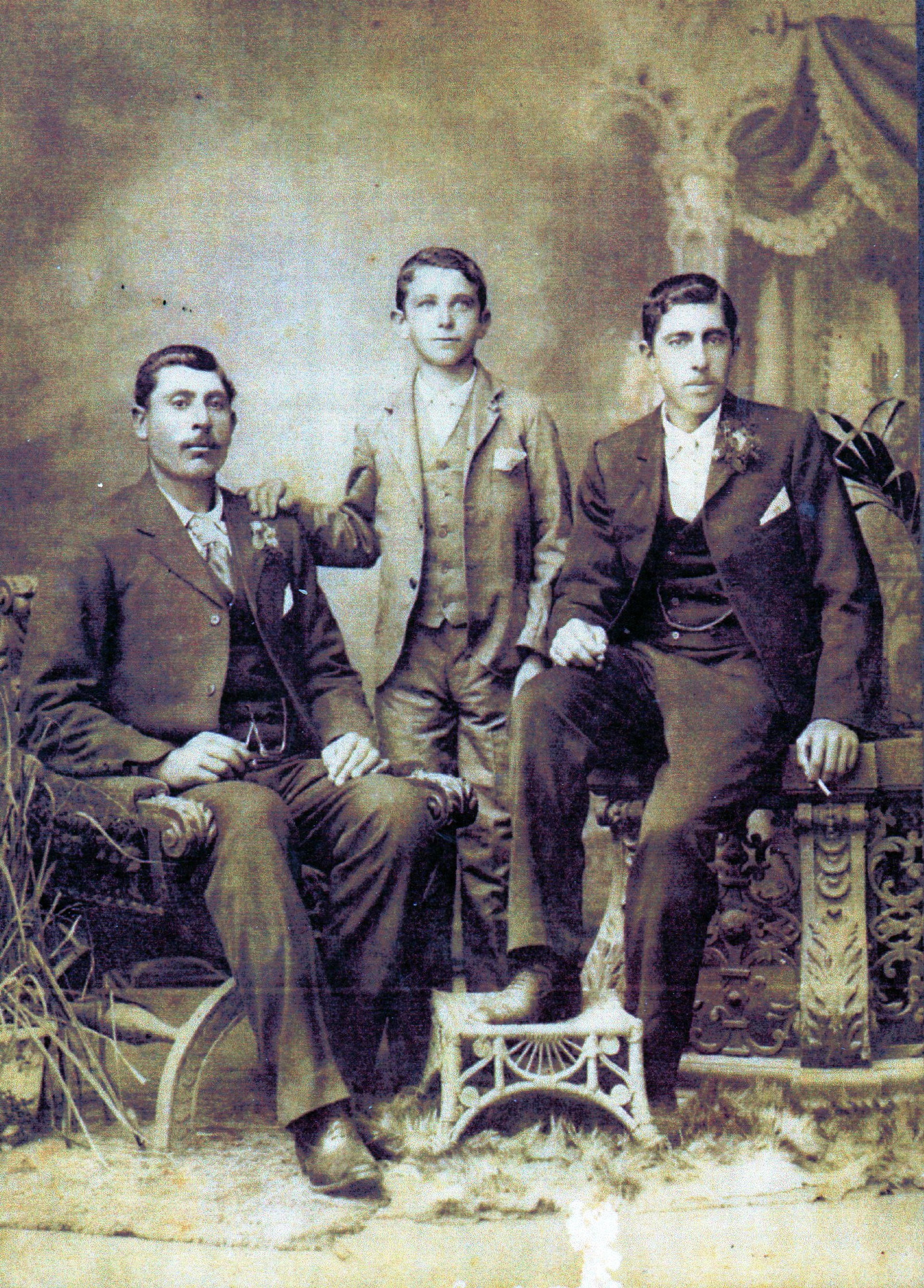
Cono Giacomo and Calogero Iannello 1900
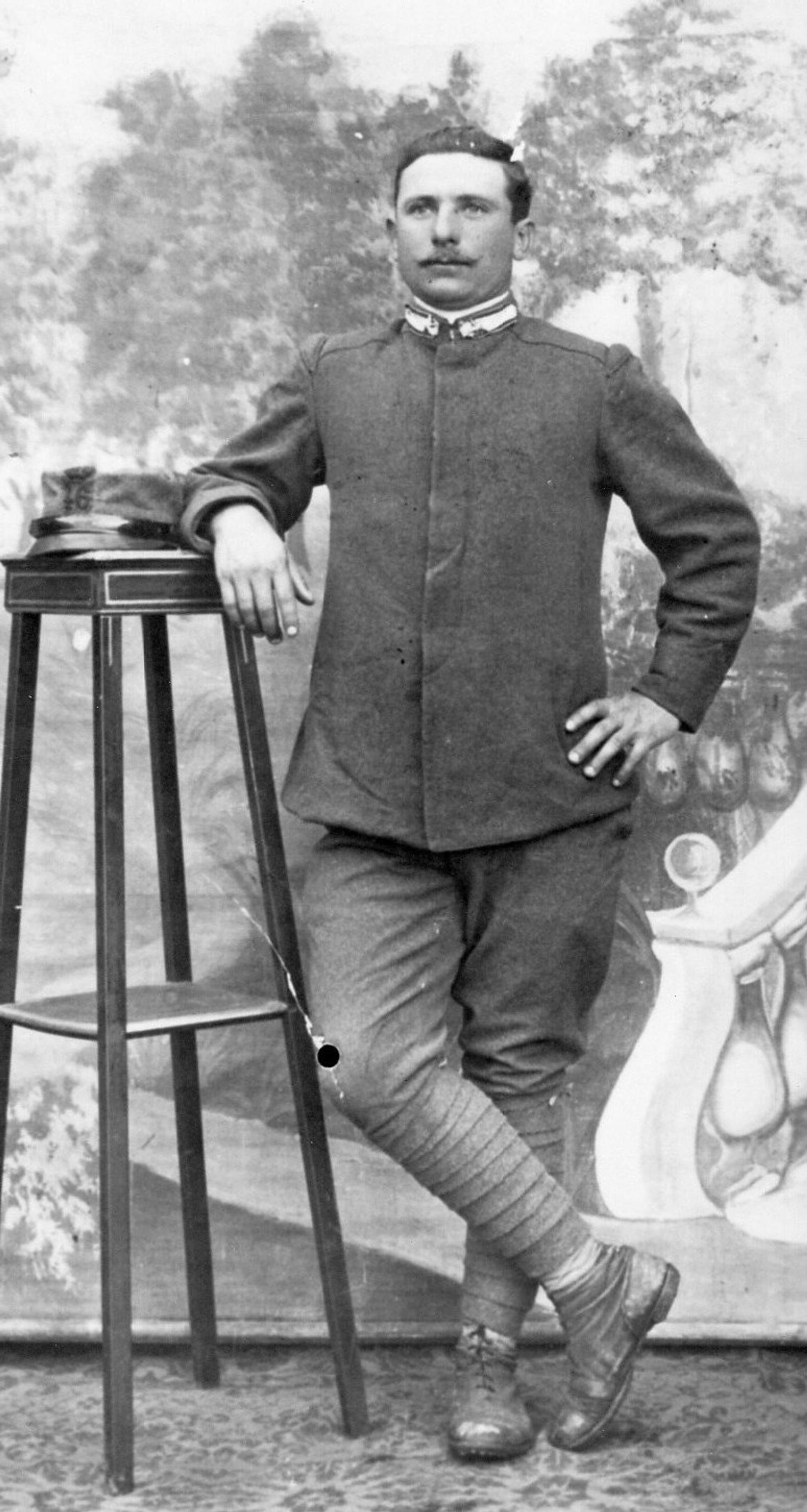
Giacomo Iannello 1918
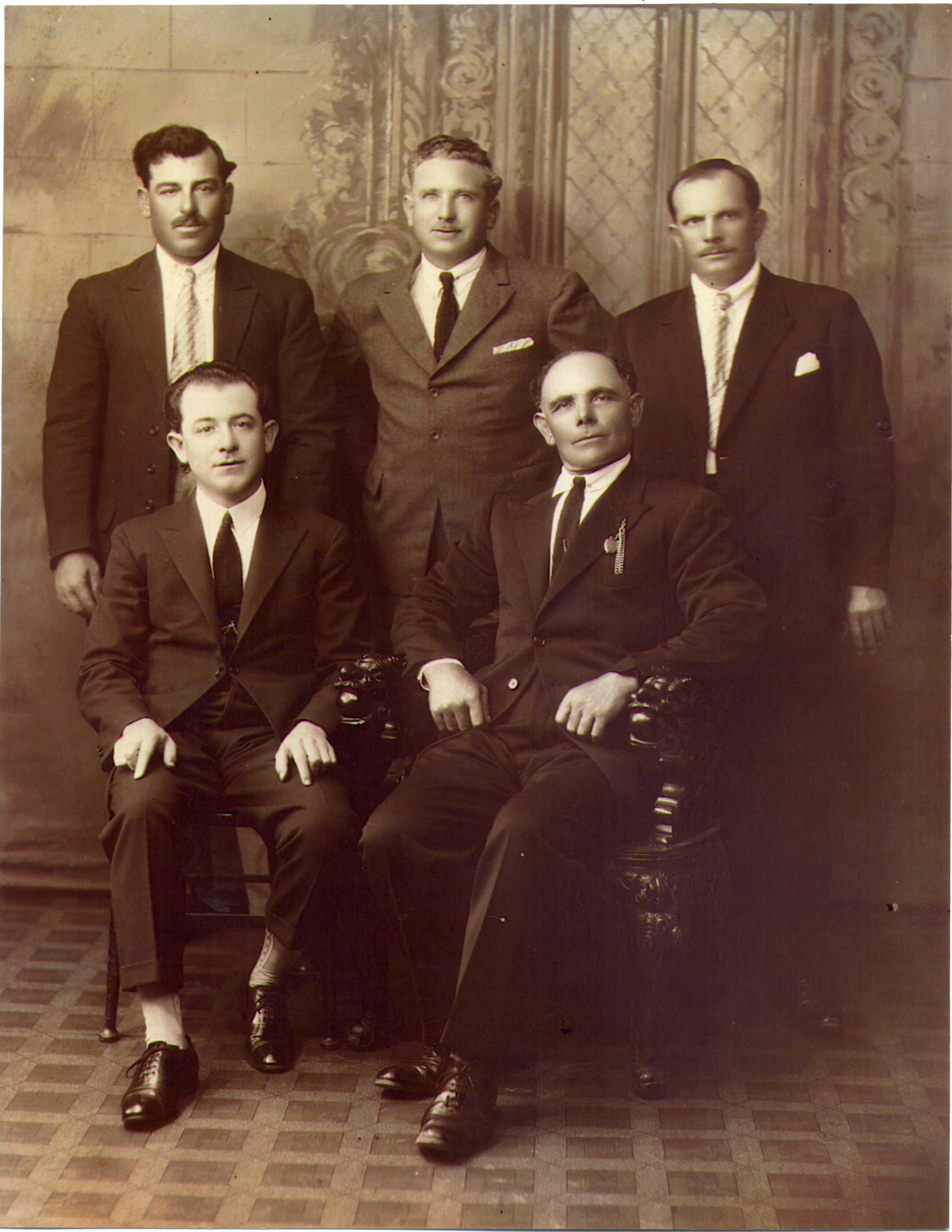
Giacomo Iannello and Others circa 1929
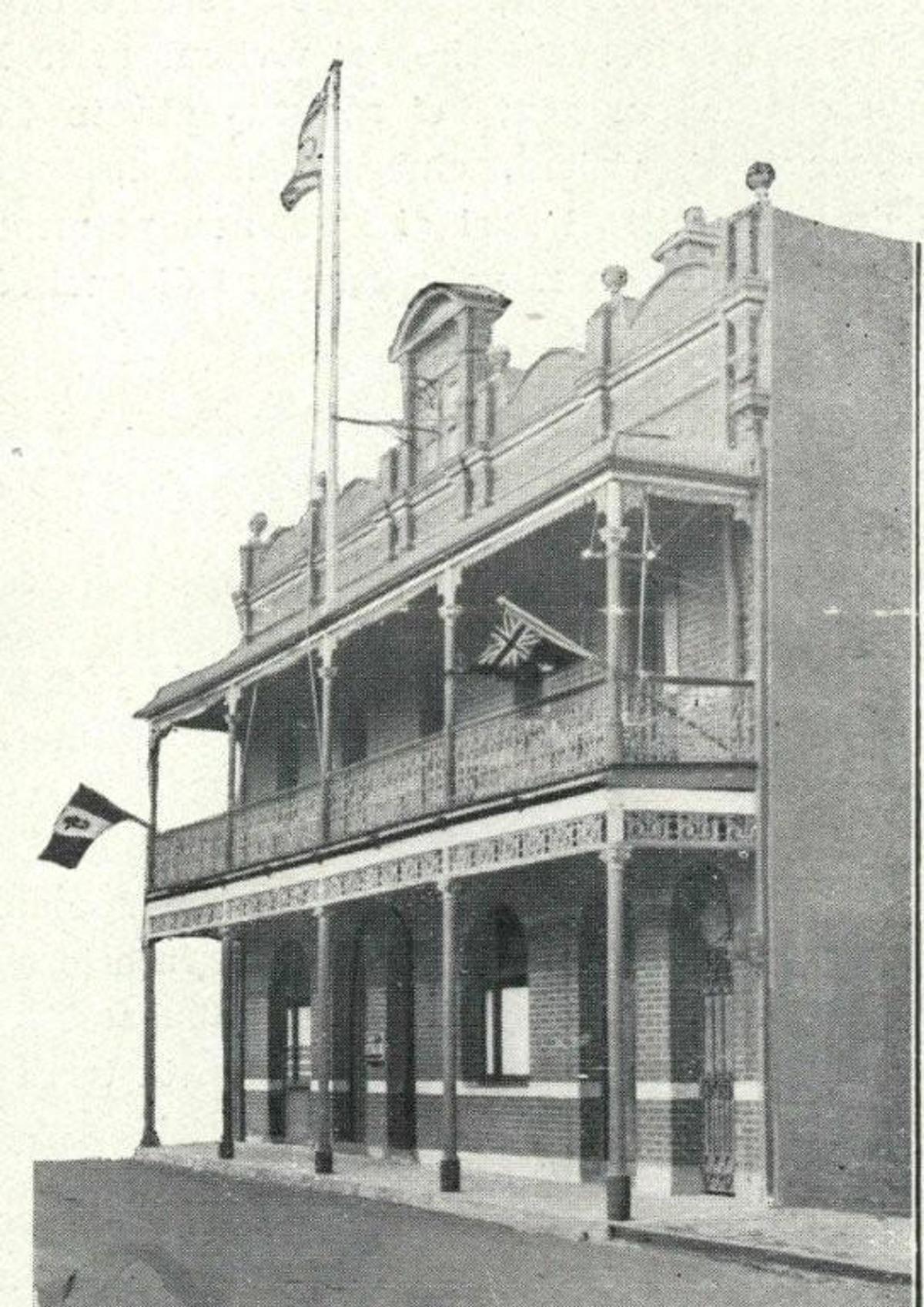
Club Giovane Italia 1920s
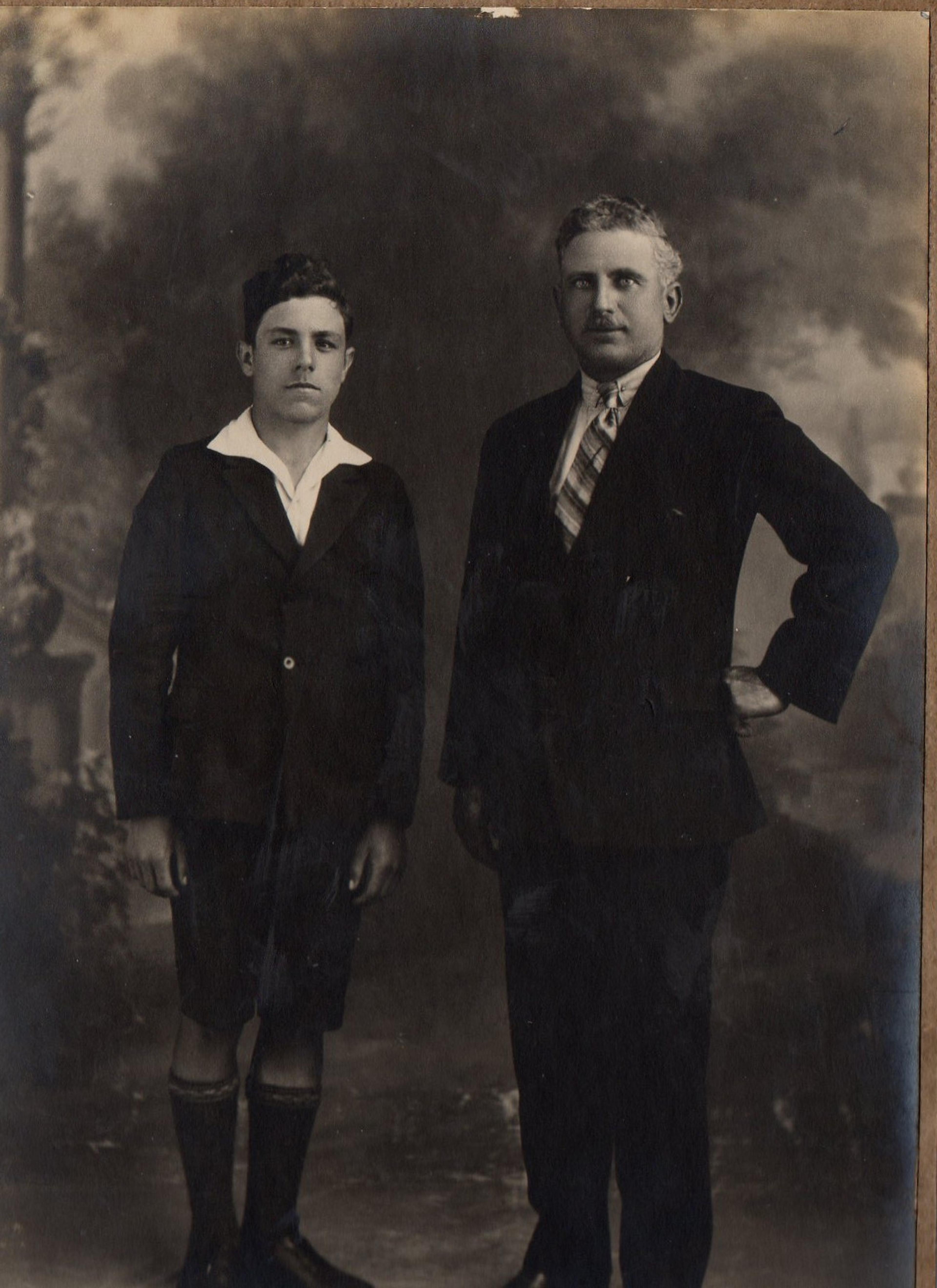
Giacomo Snr and Jim (Giacomo Jnr) circa 1930s
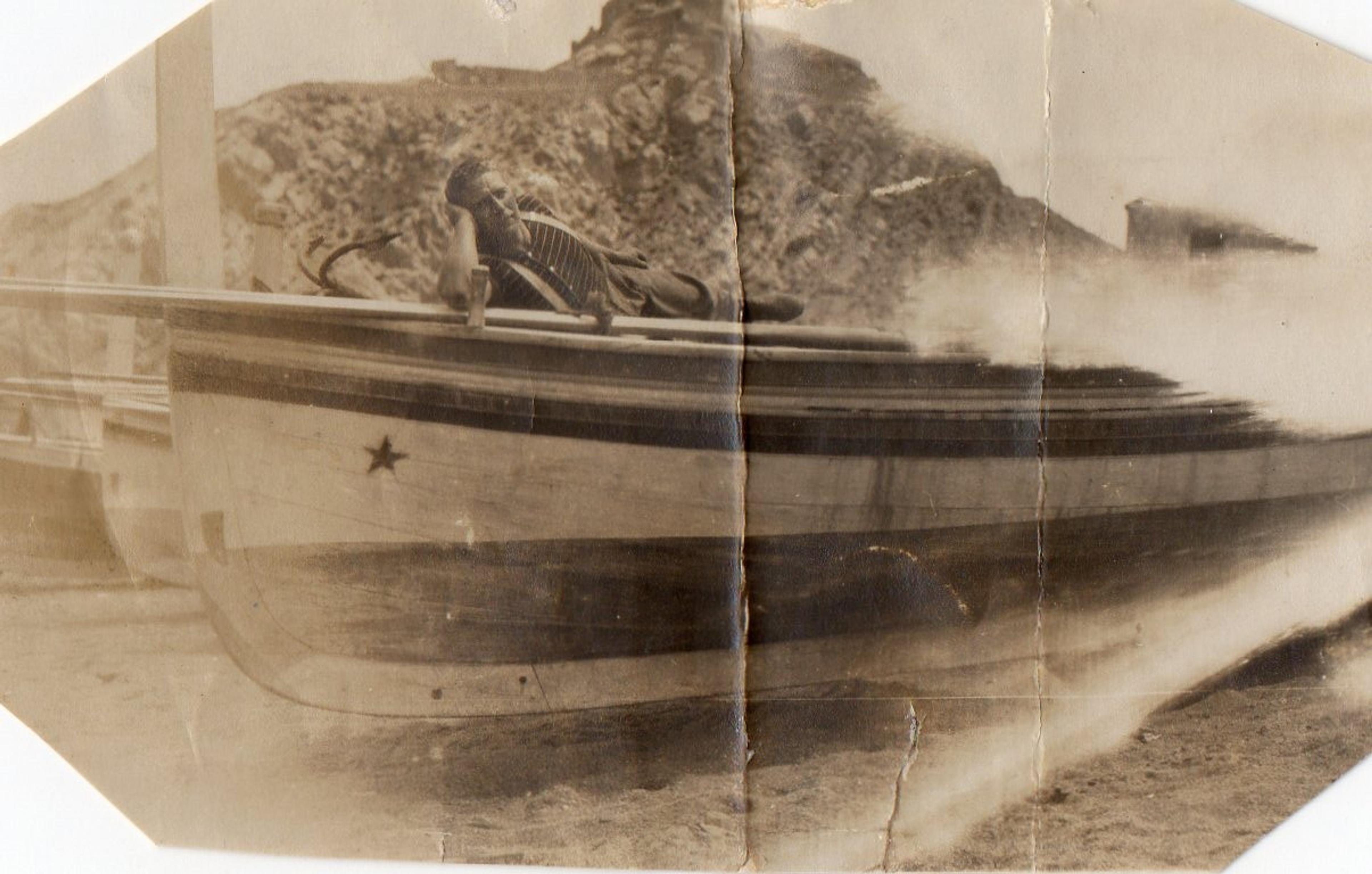
Giacomo Iannello in Peru 1921
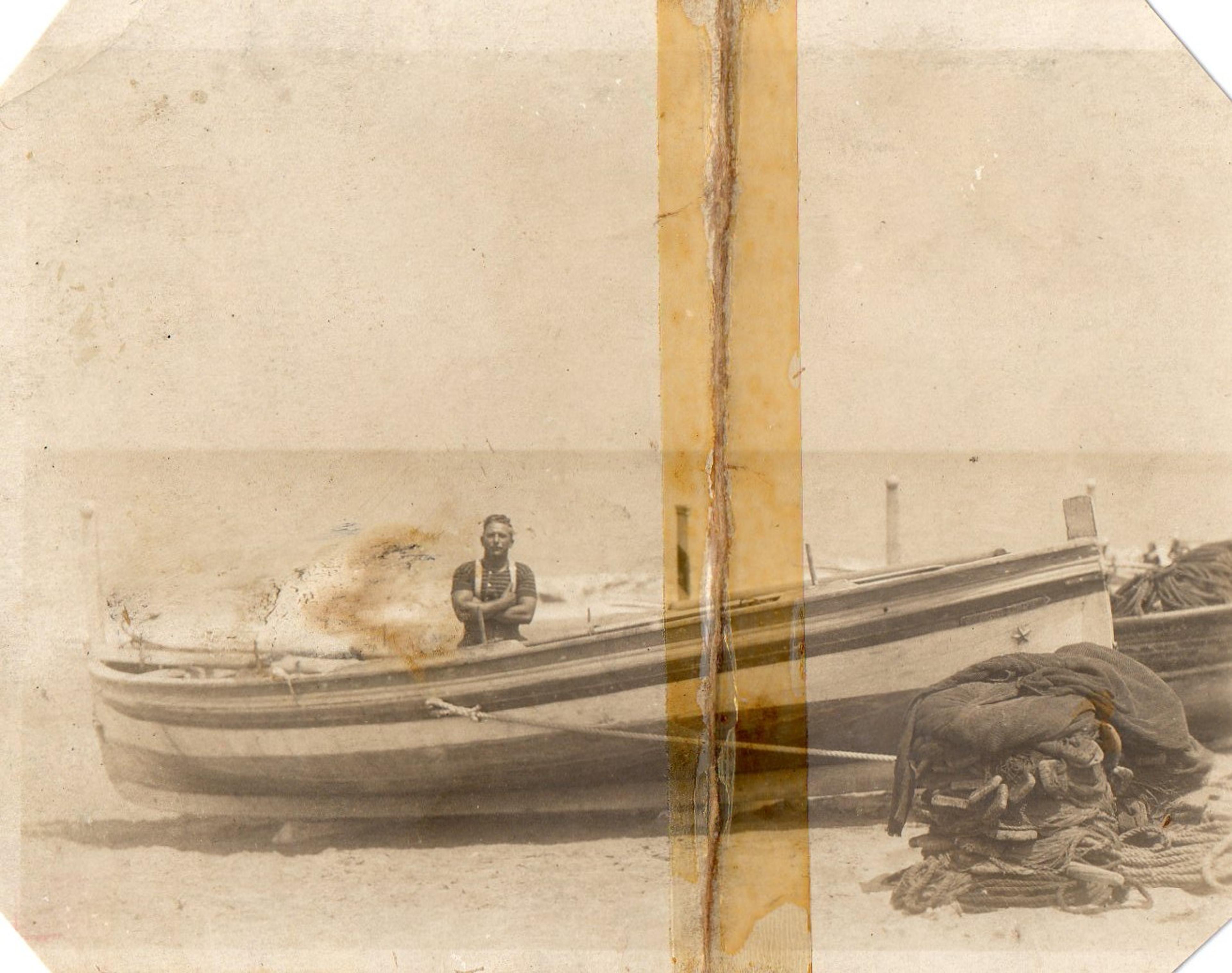
GIacomo Iannello in Peru 1921
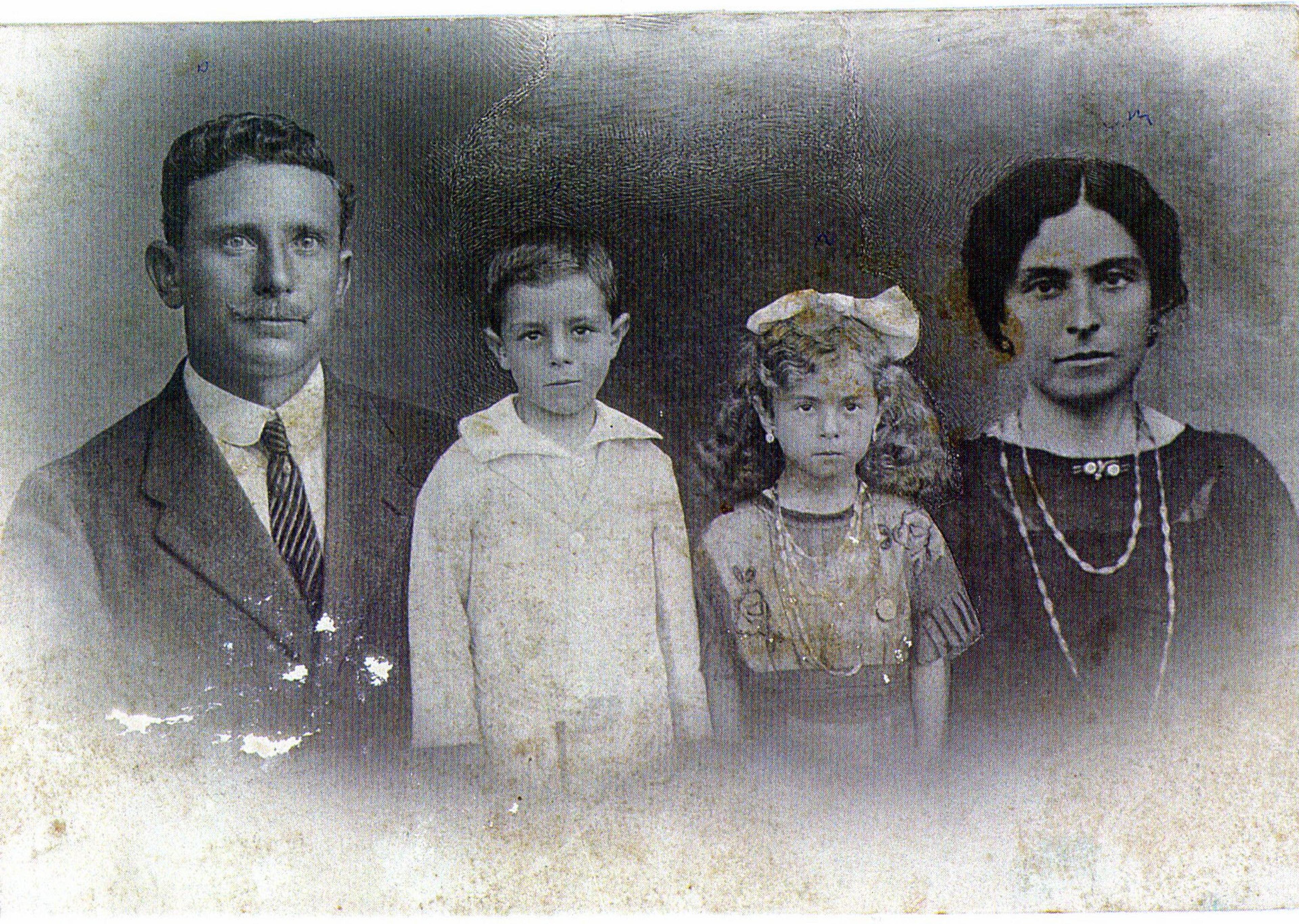
Iannello Family
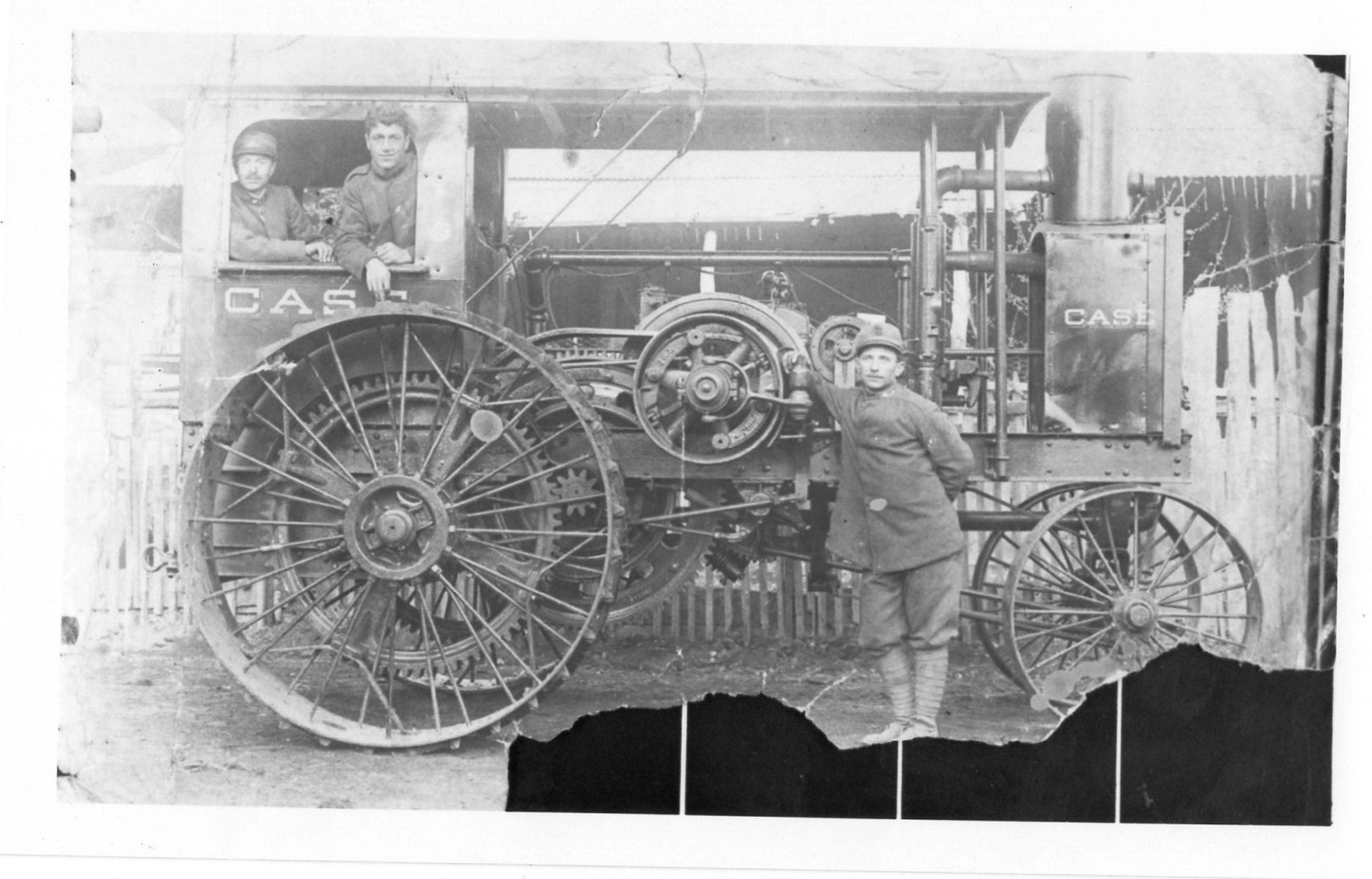
Tractor in Rome 1915 Rome Giacomo Iannello in Front
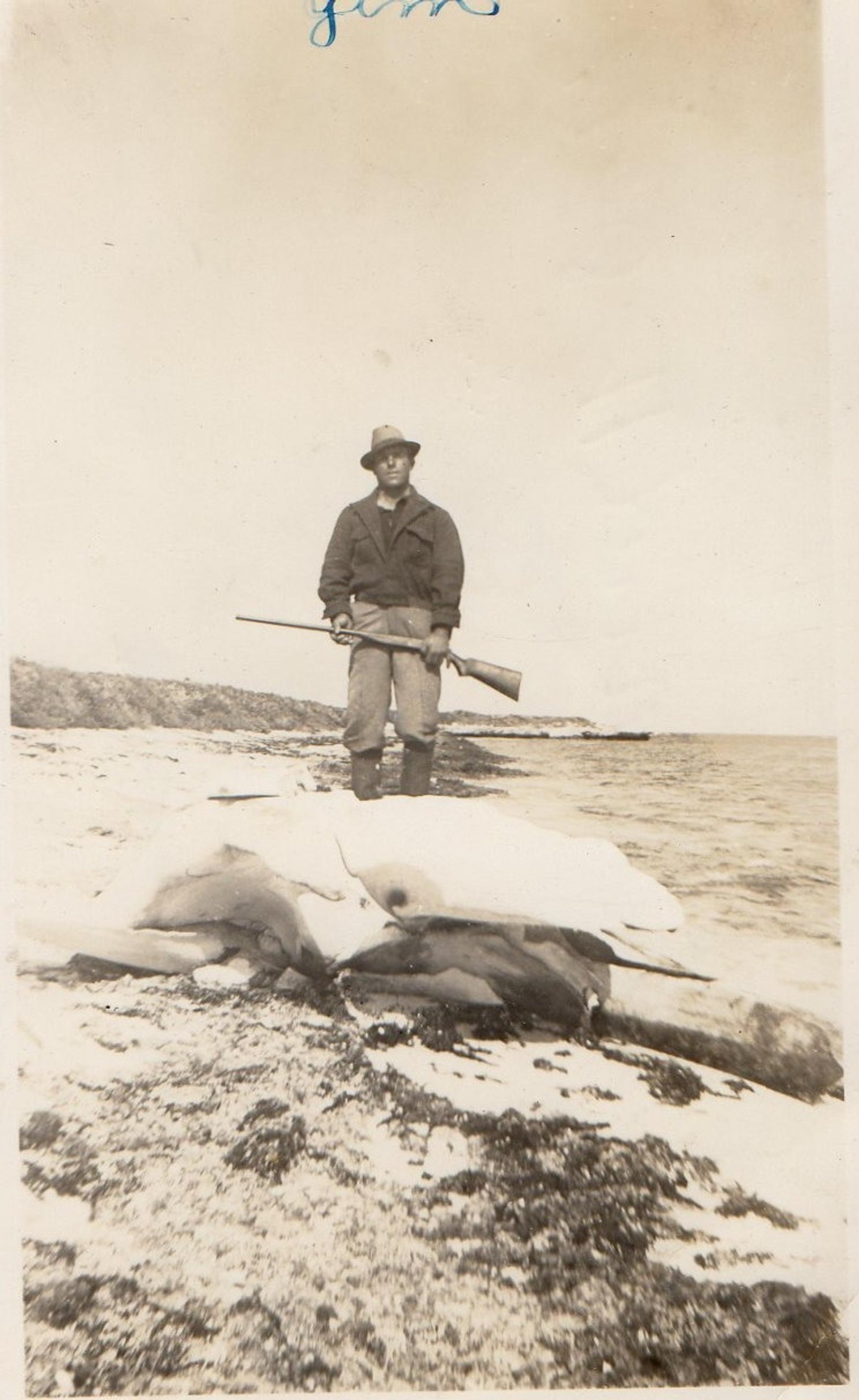
Jim Iannello Rat Island
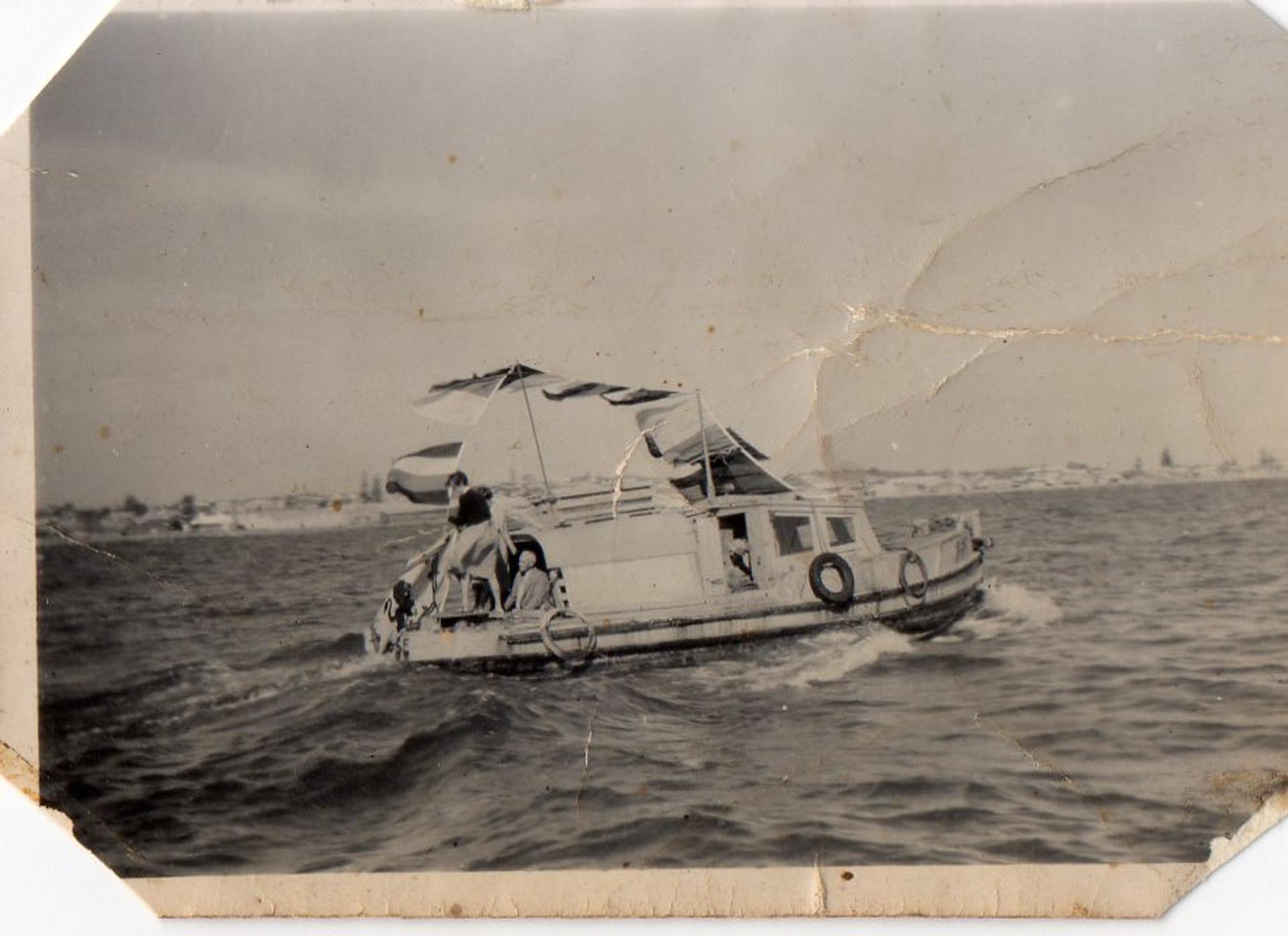
Launch Rose
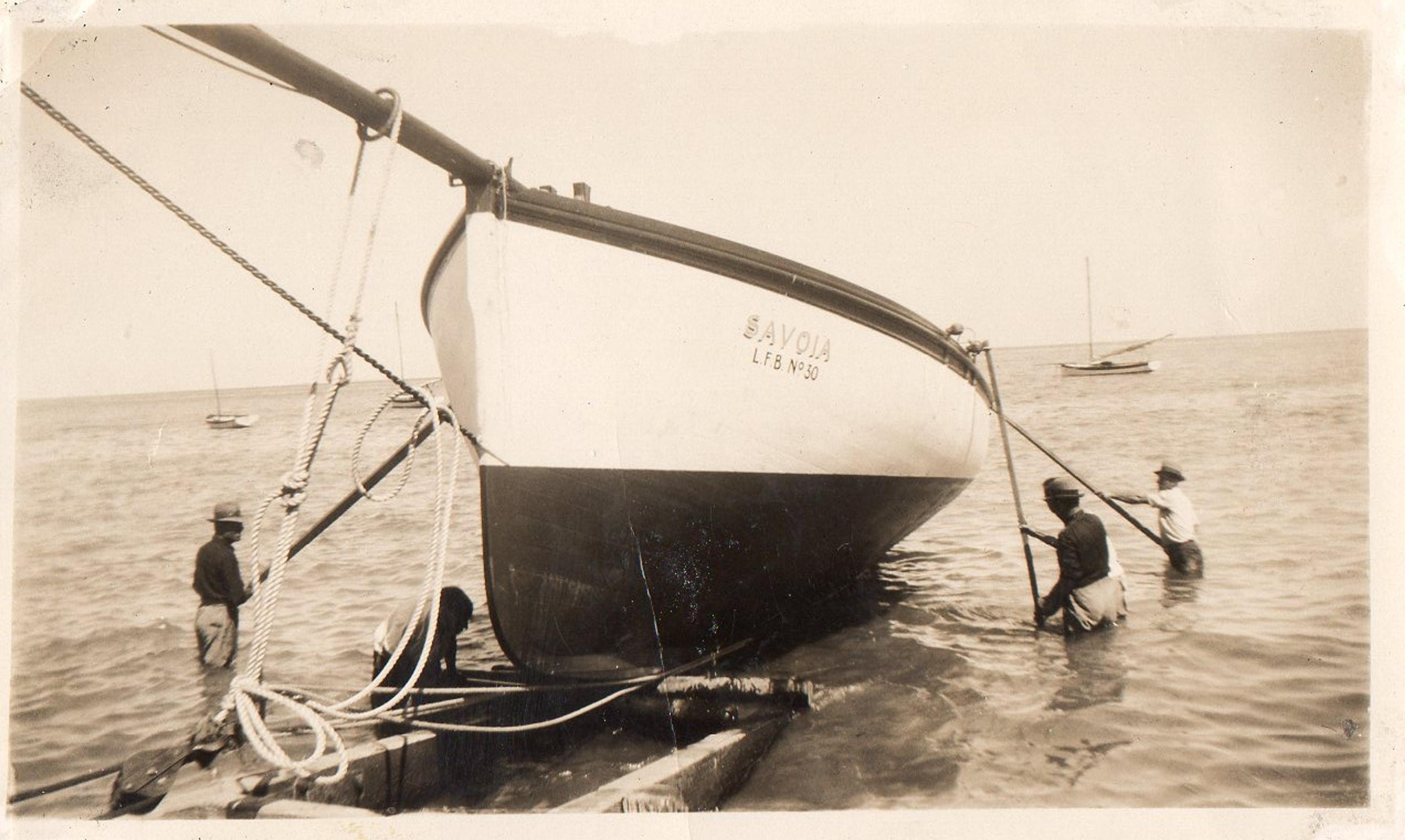
Savoia LFBF 30 Mews bros Jim Jnrs Boat with Calogero Tripi
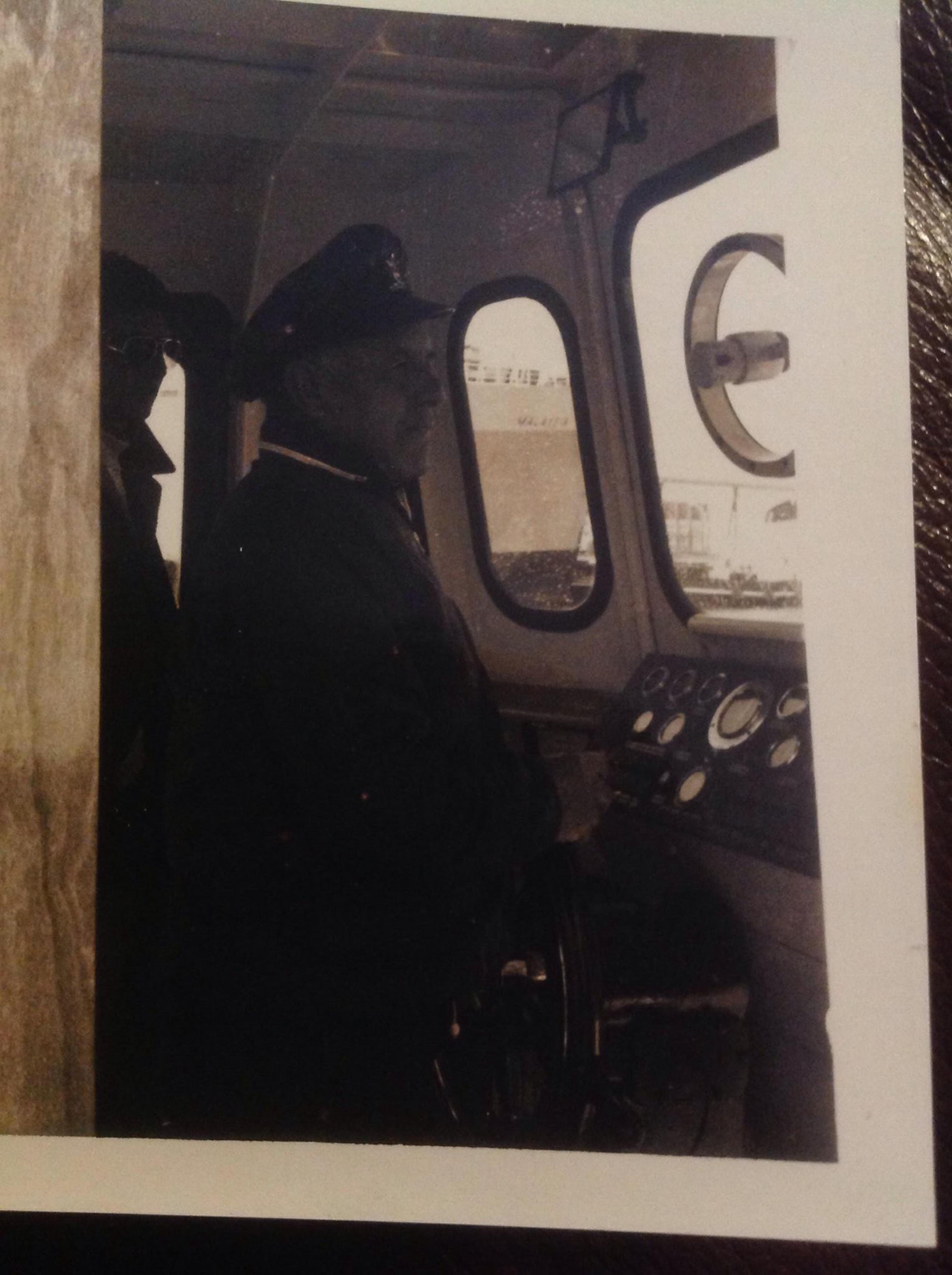
Jim Iannello on the Lady Mitchell 1975
At the end of the 19th century, just at Point Peron, was a small group of Sicilian Fishermen who were pooling their resources and forming an informal “Company”. They would pay for their male compatriots and relatives to join the community to give them “a chance in Australia”. It was not uncommon for boys as young as 12 or 13 to join the elders, being sponsored for the trip.
The first Iannello to arrive in Western Australia was likely Cono Iannello (b. 1877, descendent of Francesco), in or around 1891, likely sponsored by others.
Cono’s brother Calogero later joined him in 1900, and Calogero’s family later owned the Dante – a prominent and well-known crayfishing vessel of Fremantle.
Giacomo Iannello was another young boy who was sponsored by the “Company”. Giacomo was born on 5 June 1889 in Capo D’Orlando to parents Giacomo Iannello and Rosa Natoli. Giacomo completed his schooling on his 11th birthday and not long after left Sicily accompanied by his 23-year-old cousin Cono Iannello, on board the SS Austral bound for Fremantle, arriving in November 1900.
He commenced work selling fish from a cane basket which he carried over his arm walking from Fremantle as far as Perth. Not long after arriving, he began working as a fisherman, joining the newly started Rockingham Fisherman’s Co-operative (“The Company”). The Company was said to have been started by four Minuta brothers (See The Minuta and Cuocci Families story) with Cono Glorioso (See Glorioso Family story) also involved in its earliest days.
Giacomo ceased fishing in 1907 at the age of 18 years to commence work at the Manjimup Timber Mill. It wasn't long before he was promoted to foreman when the Mill's owners (whose labour was mainly Italian migrants), discovered he not only spoke English, but he could also read and write English fluently, which allowed him to communicate to the workers for the owners. On top of that he was mechanically minded and could maintain and repair the mill machinery. Among other things, he read letters from Italy sent by the workers' wives for those that were illiterate, writing dictated letters back to the wives and writing letters to the Italian Consul for those workers who wanted to bring their family to Australia. He continued doing this for most of his life.
In 1913 he returned to Capo D’Orlando to get married to Maria Cicerello, which he did in that same year. In 1914 he was enlisted into the Italian army to serve in World War 1. On completing his training, he was sent to fight in the Austrian Alps where after three months he received frost bite in the lower half of both legs (he had a vision whilst laying in the snow telling him he would survive his ordeal). He was subsequently transported to an army hospital. While recovering, the hospital was visited by an American Colonel whose job it was to return those soldiers he thought sufficiently fit to the front. Hearing that Giacomo was mechanically skilled but unfit to return to the front, he decided he would send him home for 40 days convalescence leave, then send him on to a tractor factory in Rome to instruct the workers in the assembly, handling and maintenance of these tractors. He did this work until the end of the war. He returned home to his wife and family in late 1918. He found work at a lemon orchard operating and maintaining water pumps to feed the lemon trees. In this same year he received commendations for being a combatant in the war, and received a Cross of Merit.
In 1921 he went to Callao (Lima) in Peru to work as a fisherman, and also in Panama (where he had brothers-in-law working in the same profession). He operated a one-man boat using drag nets and other varieties to catch fish. During this period, he learnt to read, write and speak Spanish fluently.
In late 1924 he returned home to Sicily. In 1925 he told his wife he had decided to return to Australia to live, and on earning enough money would bring his wife and 4 children to join him.
On 13 November 1925, two weeks before his 5th child was born, he sailed from the port of Messina arriving in Fremantle on 26 February 1926.
He immediately found work as a net and line fisherman in local Fremantle waters, before finding work on a cray fishing boat, fishing as far away as the Abrolhos Islands. Those days the biggest crayfishing boats were probably 30 feet long. At low tide you could walk on the reef and catch crayfish by hand as they were so plentiful.
Registered in 1920, the Club Giovane Italia (Young Italians Club) opened in 1927 on Bannister Street Fremantle at the site of the previous Duke of York Hotel. Giacomo was first on the committee before obtaining a full-time job as Barman. By 1929 he had earned enough money to send for his son Giacomo Ernesto (James Ernest). That same year, James Ernest arrived in Fremantle on the SS Maria Christina at the age of 14.
By 1931 Giacomo had saved enough money to send for his wife and three daughters to come to Australia. They arrived on 28 April 1931 on the MV Ormonde to live in the house he had rented for them at 44 Arundel Street Fremantle.
In 1933 he had himself and his family naturalised as Australian citizens. In 1934 he bought his own house at 13 Howard Street Fremantle. In 1938 he joined the Returned Serviceman’s League (RSL).
Giacomo continued to work at the Club Giovane Italia until 1940. When war broke out anyone living in Australia whose country was not on the side of the allies was classed as an enemy alien and interned in the local prison or sent to work camps such as farms or wood mills. The women and children were left alone to fend for themselves.
All business houses owned by enemy aliens were not allowed to operate, and the Club Giovane Italia was placed in the hands of an Australian committee and renamed 'Fremantle Club.'
Jim was interned on 11 June 1940 and released on 5 September 1940. Not long after his release he obtained a temporary job at the Richmond Cold Stores as a freezer hand. Later that year he obtained permanent employment at the Fremantle Port Authority working as a Captain on the launch Rose which was used as a channel marker and light house tender. When not used in this capacity, it was used to transport navy personnel from one side of the harbour to the other, including wharf workers.
On his free days from work, he would help out wet-line fishing on the Doria to supplement his wages. The boat was owned by the Minervini family. He was also a book-keeper for the Fremantle Fishermen’s Cooperative after its inception.
He retired in 1954 at the age of 65 years receiving his Australian Pension. He applied for his Italian Pension to which he was entitled, but refused on the grounds that the Italian archives had been destroyed during the War and his records had been destroyed, therefore in the Italian governments eyes he did not exist unless we could produce his Army travel papers, no other papers mattered. Probably the reason he had no army travel papers was because he had been seconded by the American colonel and sent to Rome without the Italian government being notified. We have since tried to have him recognised, but the Italian Consul will have no part of it telling us as far as they are concerned he does not exist.
Jim supplemented his Australian Pension by making various types of fishing nets, including prawn and crab nets. Other things he did was repairing boat compasses, clocks, watches, cooking utensils and anything at all that needed repairing, he was capable of fixing. Giacomo died on 8 November 1969 at age 80.
Giacomo had a brother in WA, Francesco, who arrived after World War 2. He lived in a shed in Safety Bay and worked as a net Fisherman.
Giacomo and Maria had eight children in total. Giacomo Ernesto (James Ernest) in 1915 followed by six girls (Antonina, Rosa, Francesca, Carmela, Maria, Roma), and finally Robert born in 1935. Many of his descendants call Australia home.
The Iannello surname is well known and respected in the West Australian community, and it all began with the pioneering efforts of these original families.
Story Contributors
Robert Iannello
James Paratore
